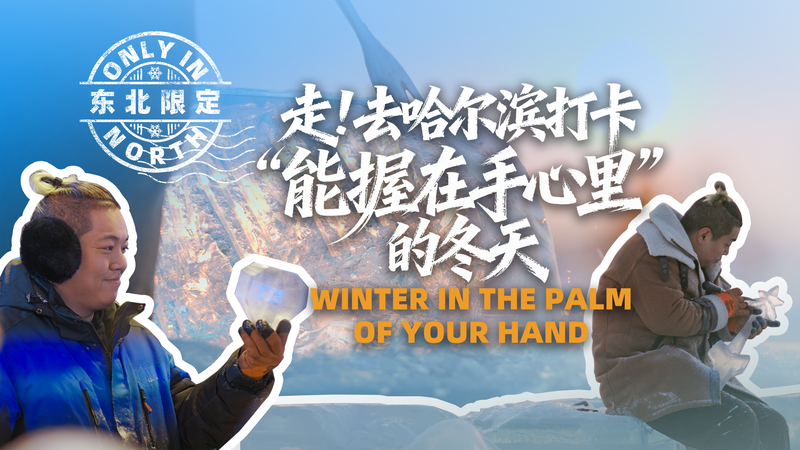In the heart of China's Hubei Province, where the Yangtze River carves through lush landscapes, the lotus flower is more than a symbol of purity – it’s a way of life. A new CGTN documentary series, Eyes over Hubei, dives into the centuries-old relationship between the people of Honghu Lake and this versatile plant, revealing how it shapes culture, cuisine, and community.
At Honghu Lake, dubbed the 'Kingdom of Lotuses,' generations of families have cultivated every part of the plant: roots, seeds, and petals. Reporter Morag Hobbs follows a local family showcasing sustainable farming techniques passed down for over 100 years. 'We harvest without harming the ecosystem,' one farmer explains while demonstrating how lotus roots are extracted from muddy waters. 'It’s harmony between nature and nourishment.'
The lotus’s journey from field to table is steeped in innovation. Local chefs transform its starch into noodles, its seeds into desserts, and even use dried leaves as eco-friendly packaging. With 70% of the Chinese mainland’s lotus products sourced from Hubei, the province blends tradition with modern food security solutions – a model gaining attention from global sustainability advocates.
As the documentary traces the Yangtze’s influence on Hubei’s identity, it highlights how age-old practices are adapting to climate challenges. 'The lotus teaches resilience,' says a researcher interviewed in the series. 'Its ability to thrive in water-scarce conditions offers lessons for farming worldwide.'
Reference(s):
cgtn.com




